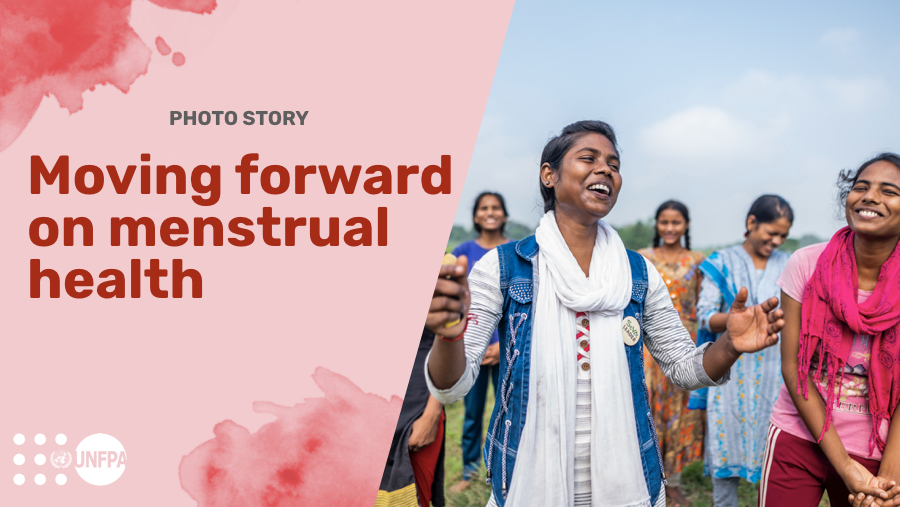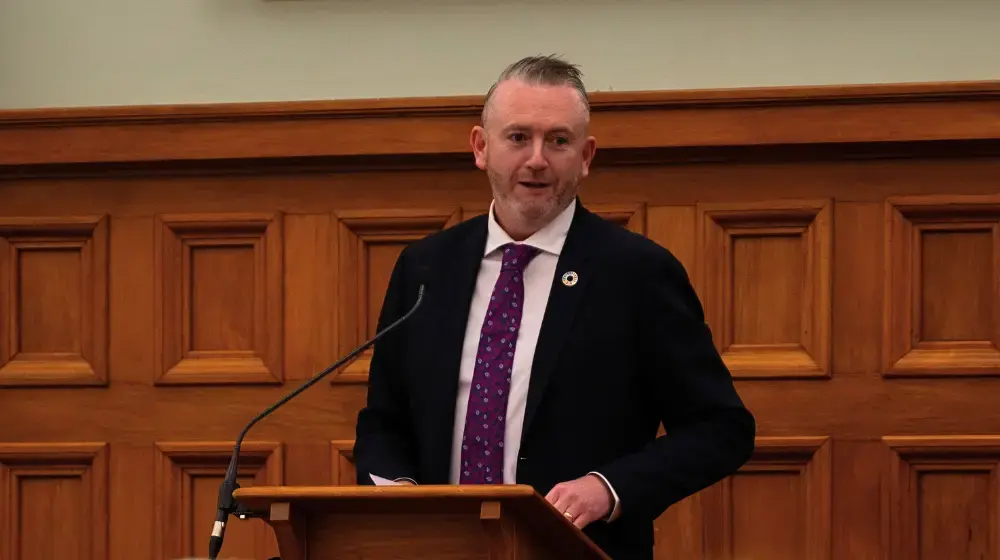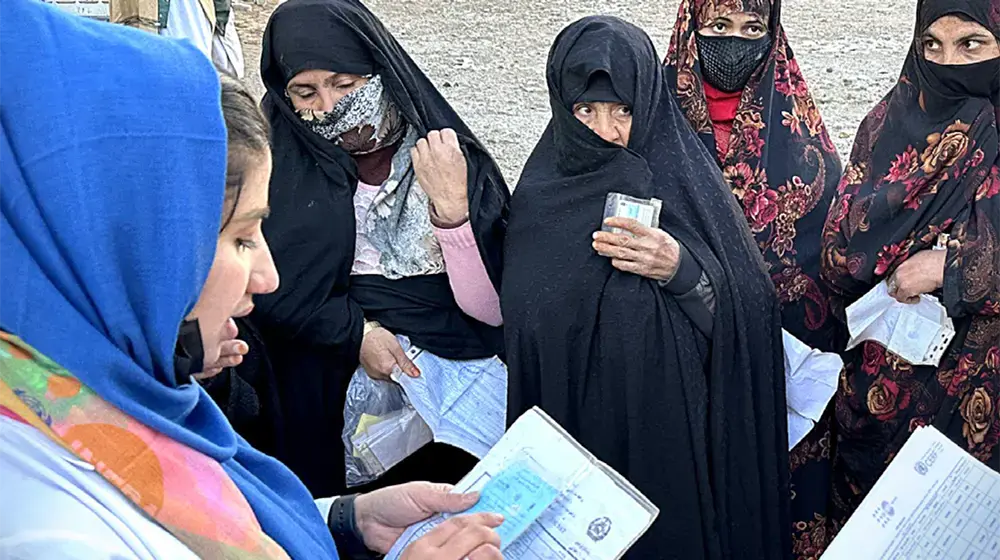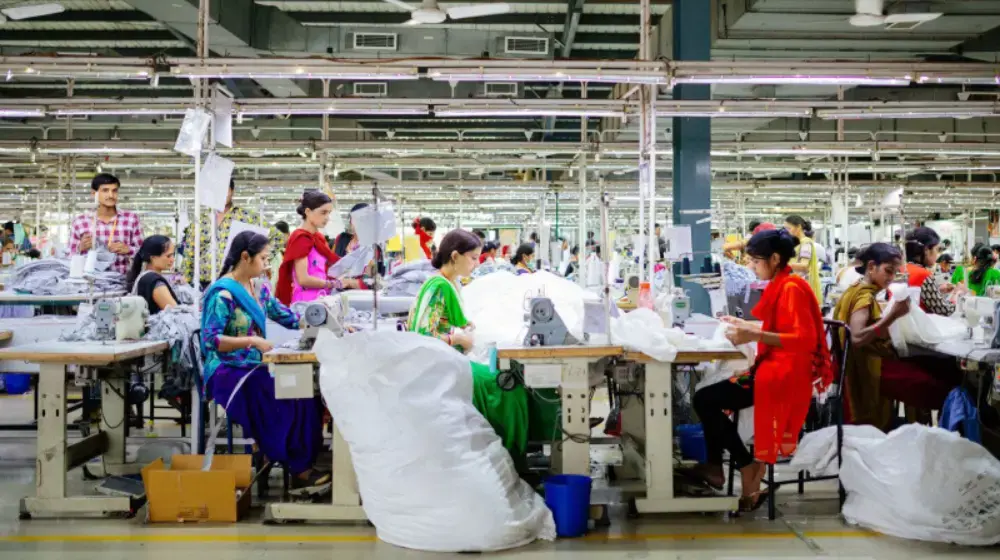The Regional Director for the United Nations Population Fund for Asia and the Pacific, Björn Andersson, says investments in menstrual health and comprehensive sexuality education will remove taboos and put sustainable solutions in the hands of people who menstruate.
Across the region, the unique needs of women and girls are often overlooked - particularly their menstrual health. When a disaster hits, people who menstruate often do not have access to menstrual materials such as menstrual pads and underwear in a context that lacks clean water and waste disposal systems.
Stigma, cultural practices and restrictions placed on people who menstruate further exacerbate an already difficult situation. In every country in the region, we need to remove remaining taboos on menstruation so we can contribute to an inclusive dialogue about how menstrual health can be improved before disasters occur.
In every country in the region, we need to remove remaining taboos on menstruation so we can contribute to an inclusive dialogue about how menstrual health can be improved before disasters occur.
Menstrual health and hygiene is an essential body of knowledge for governments and communities to ensure better systems to support people who menstruate. Worldwide, seventy percent of natural disasters occur in Asia and the Pacific, and climate change is intensifying extreme storms, floods and droughts. We know that disasters will cause displacement and in an emergency context there is a loss of privacy and safety, so people who menstruate face greater barriers managing their menstruation.
The menstrual cycle is at the center of women's and girls’ reproductive health as the biological process is at the center of reproduction and controls many of the body’s hormones, resulting in a period or pregnancy. Understanding one's menstrual cycle is an important precondition to make an informed decision about family planning and contraceptive methods and understand one's fertility and reproductive health. In fundamental ways, menstruation forms the starting point to a reproductive health life journey. For this reason, menstrual health needs to be accessible in all schools and discussed as a public health priority.
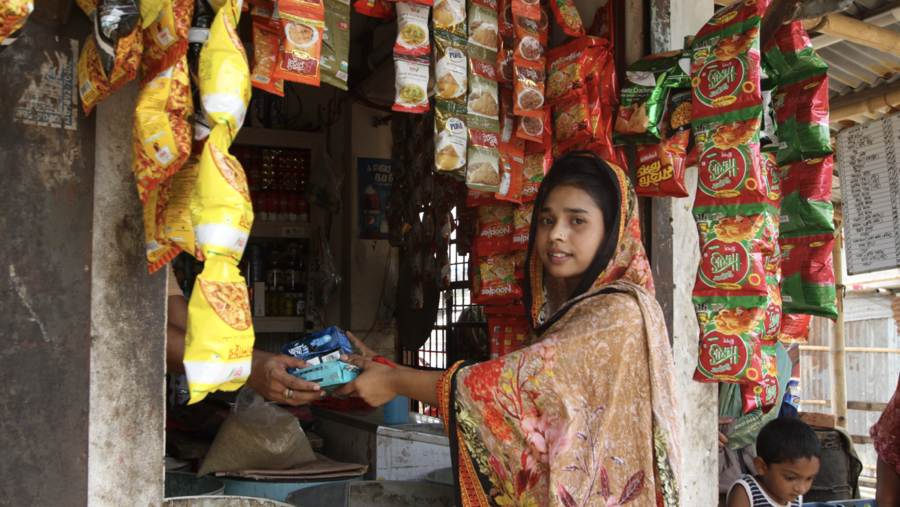
With our partners, UNFPA supports women and girls to uphold their dignity by ensuring access to menstrual supplies like disposable and reusable menstrual pads, menstrual cups, underwear, and supportive materials such as soap and buckets for washing. Before, during and after disasters, we need to expand our work with water, sanitation and hygiene sector partners to ensure that everyone has access to safe latrines and washing facilities with water and soap for changing, washing, and drying menstrual materials.
UNFPA supports women and girls to uphold their dignity by ensuring access to menstrual supplies like disposable and reusable menstrual pads, menstrual cups, underwear, and supportive materials such as soap and buckets for washing.
The lack of knowledge and education on menstrual health, cultural beliefs around menstruation and anxiety around blood stains can prevent people who menstruate from actively participating in their communities and going to school. We work with communities to dispel harmful cultural and social norms, taboos and misconceptions around menstruation.
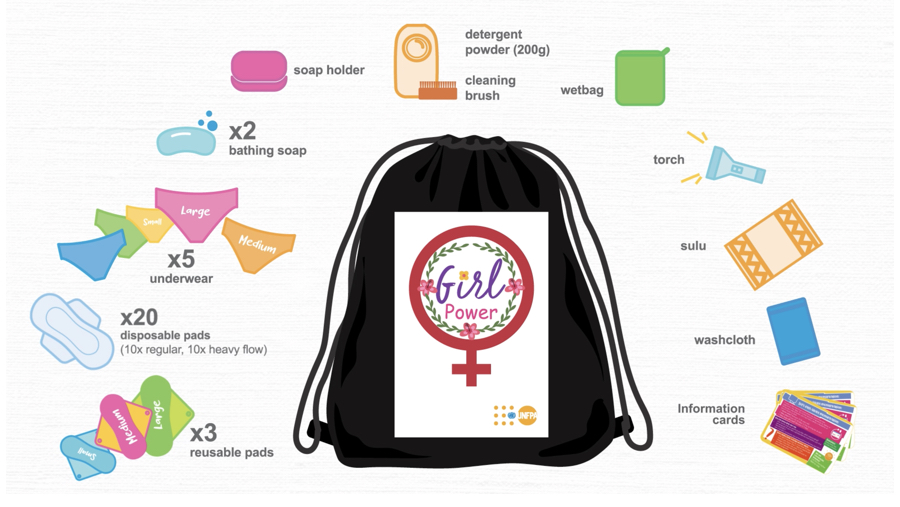
Much greater collective efforts are needed to ensure that all people who menstruate can access information that empowers them to manage their menstruation with dignity. Comprehensive sexuality education needs to be scaled up, as it contributes to body literacy and is an important part of sexual and reproductive health. Despite progress in this area, there is more to be done to deliver accurate reproductive health information.
Through decades of constructive partnerships and frontline interventions like the distribution of dignity kits, UNFPA has delivered on our commitment to menstrual health and hygiene.
Through decades of constructive partnerships and frontline interventions like the distribution of dignity kits, UNFPA has delivered on our commitment to menstrual health and hygiene. Listening to women, girls and marginalized groups to tailor activities and interventions to meet their unique needs is the key to UNFPA’s effectiveness. Consultations have led to customised menstrual health and hygiene kits and dignity kits containing menstrual supplies for women and girls with disabilities in the Pacific, for transgender men in Bangladesh, and for adolescent girls in Indonesia, Myanmar, Nepal and Bangladesh.
By ensuring safe and effective means of managing menstruation, UNFPA is supporting women, girls and others who menstruate to exercise their fundamental right to their overall health and wellbeing.
By ensuring safe and effective means of managing menstruation, UNFPA is supporting women, girls and others who menstruate to exercise their fundamental right to their overall health and wellbeing. Today, on Menstrual Hygiene Day, we call on leaders to expand long term investments on this critical issue. Only by working together, can we empower everyone who menstruates to access their rights and reach their full potential.
------------------
Björn Andersson is the Director of Asia Pacific Regional Office of the United Nations Population Fund, the UN sexual and reproductive health agency.


